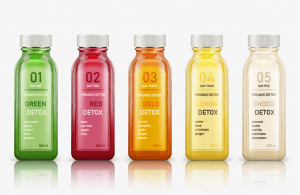
You know the feeling (hopefully!): Something silly sets you off – a movie, a joke, or maybe someone near you slips and falls – and you burst into laughter.
It feels good to laugh. And since the 1970s, medical experts have learned that laughter can boost pain tolerance and improve overall well-being. [Read more…]













